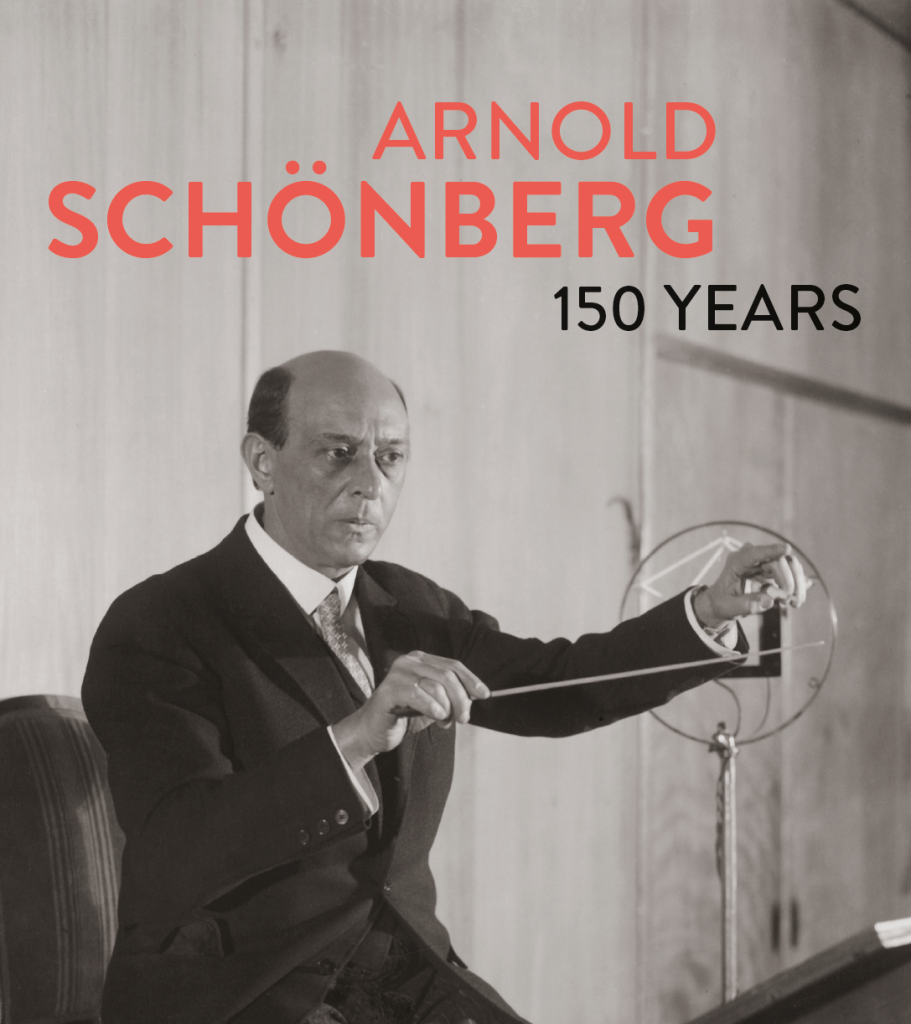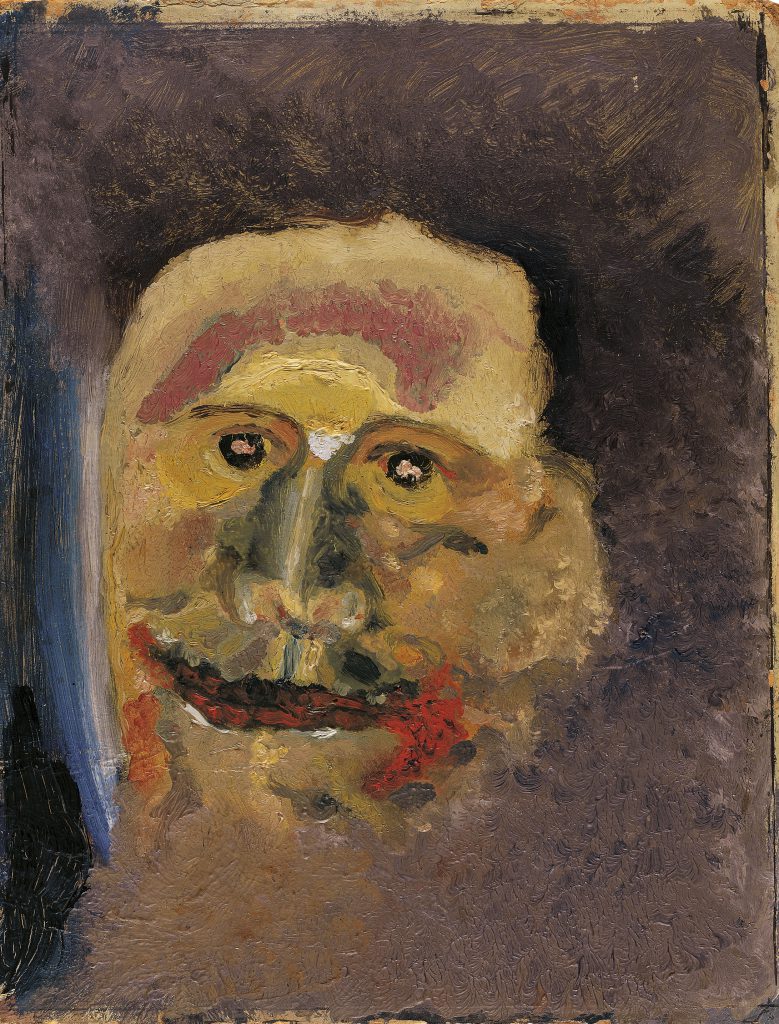
Today marks the 150th anniversary of Arnold Schönberg’s birth, and the Austrian Cultural Forum here in New York will celebrate next week on Friday, September 19, with the opening of Arnold Schönberg: 150 Years, an exhibition running through November 8 devoted to the life and work of the modernist composer, a collaboration with Vienna’s Arnold Schönberg Center. The celebration will get under way next Friday with a concert from Trio Callas, which will be performing the composer’s Verklärte Nacht and Charles Ives’s Piano Trio, following opening remarks from Dr. Ulrike Anton, the newish director of the Schönberg Center. This event is sold out, alas, but I’ll look forward to the exhibition itself.
As I raise my glass of Moric’s Haus Marke Red tonight, I’ll be listening to Hilary Hahn’s splendid rendition of Schönberg’s violin concerto, accompanied by the Swedish Radio Symphony Orchestra under the baton of Esa-Pekka Salonen. While the actual Deutsche Grammophon CD release is to be preferred, here’s the YouTube version — better than nothing — for all you cheapskates out there. And really, if you’re going to listen to this music, get yourself a real stereo system whydon’tcha.

